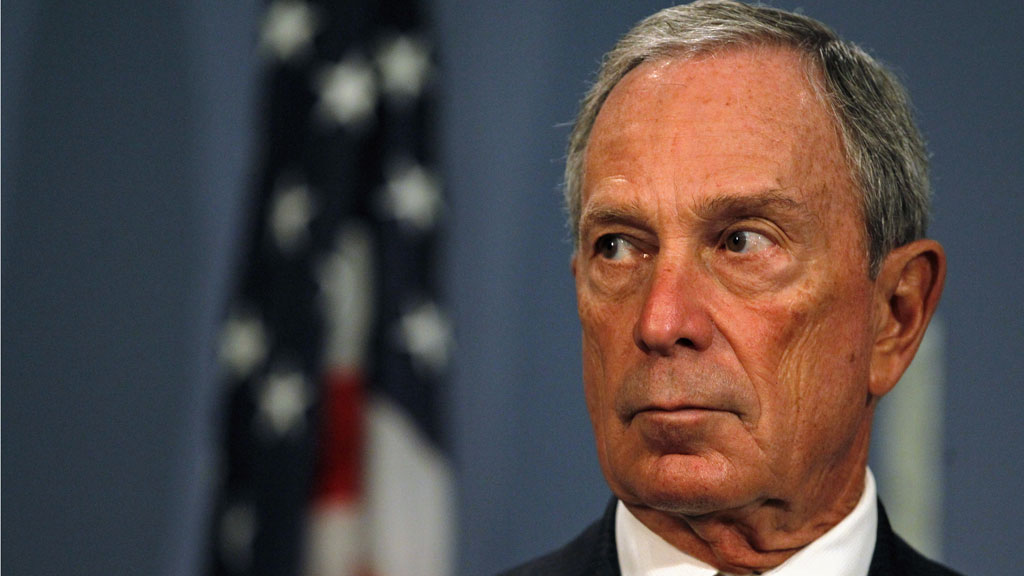Can Europe’s cities dream up ideas to benefit the world?
Think big – act local. New York Mayor Michael Bloomberg is in London with a challenge to cities across Europe: come up with bold new ideas to solve the world’s major problems.

It is an initiative which Michael Bloomberg launched in the United States last year, designed to find the best ideas from cities across the country with the greatest potential to improve lives.
Funded by the Bloomberg Foundation, there was a $5m prize for the top idea, with $1m going to four others considered best of thier kind.
Now the New York tycoon has come to London, to spread his Mayor’s Challenge across Europe, hosted by London’s Boris Johnson, along with top city officials from Florence and Warsaw.
Last year’s US challenge generated scores of entries, but the winner was Providence in Rhode Island for a ground-breaking idea to help children from low-income families to overcome poor language skills – a disadvantage that could otherwise hold them back for life.
The Providence Talks scheme will distribute recording devices to poorer families in the city, along with coaching for parents to help them boost their childrens’ vocabulary.
The crazy people dreaming up the crazier ideas that will change the world. Eric Schmidt, Google CEO
In a city where a third of children live in poverty, and two-thirds of children start kindergarten with a disadvantage in terms of language skills, Mayor Bloomberg called the winning idea an “evidence-based solution to a major challenge”.
Other winning ideas, from Houston, Santa Monica, Chicago and Philadelphia, ranged from a special recycling bin with automatic sorting, to computer-tracking of future trends to identify and tackle looming problems before they become obvious.
For Google founder Eric Schmidt, it is evidence that the startup culture which gave birth to his own company, lives on. He waxed lyrical in the Huffington Post about “the crazy people dreaming up the crazier ideas that actually will change the world”.
Urban revolution
The Bloomberg Mayor’s Challenge, he said, was “one of the most exciting stories in the field of government innovation”. The energy, he said, was palpable.
Those who have studied the urban pressure cooker of ideas say it is part of a trend away from expecting nation-states to solve problems. There is a clunky word for it: glocalisation.
Benjamin Barber, author of If Mayors Ruled the World: Dysfuctional Nations, Rising Cities, told The Atlantic that cities are fast becoming the locus of change. Mayors, he said, are pragmatists by definition. If they do nothing, trash remains uncollected, roads unrepaired.
There is, however, a limit to what single cities can do, however innovative. Hence the push to identify best practice, to share ideas and pool resources. This is the movement which is earning the title of metropolitan revolution.
And the next stop for that revolution? London. America has taken on the challenge – now it is Europe’s turn.
Felicty Spector writes about US affairs for Channel 4 News